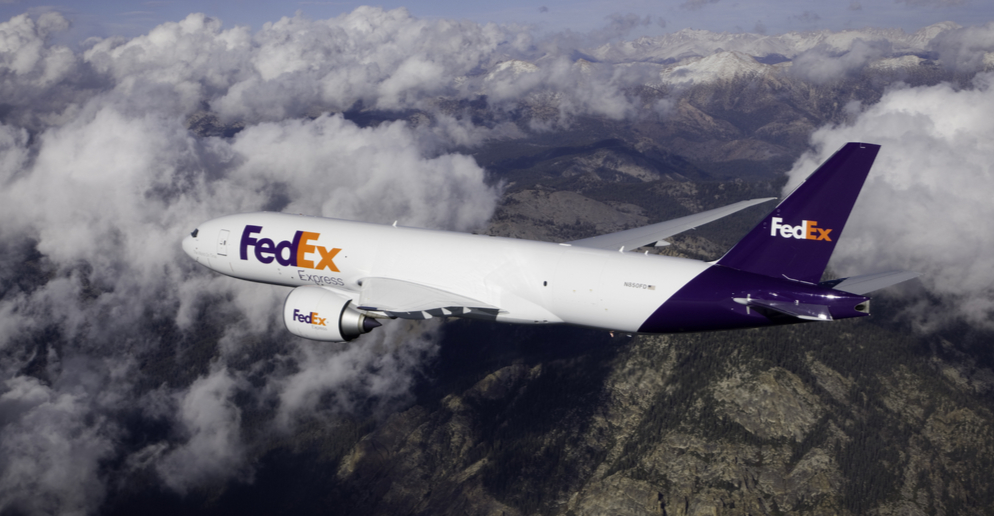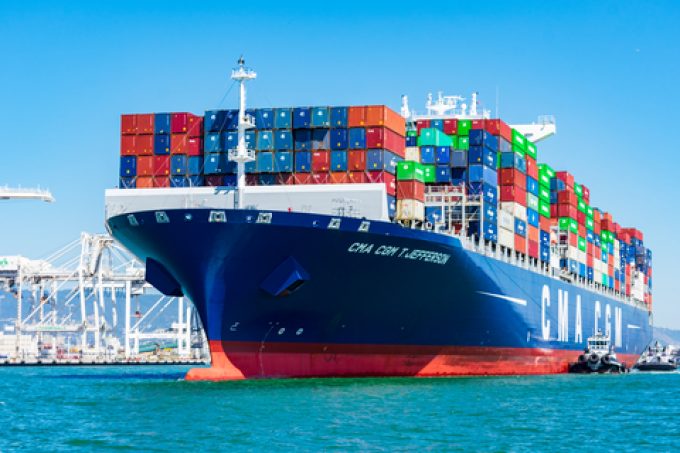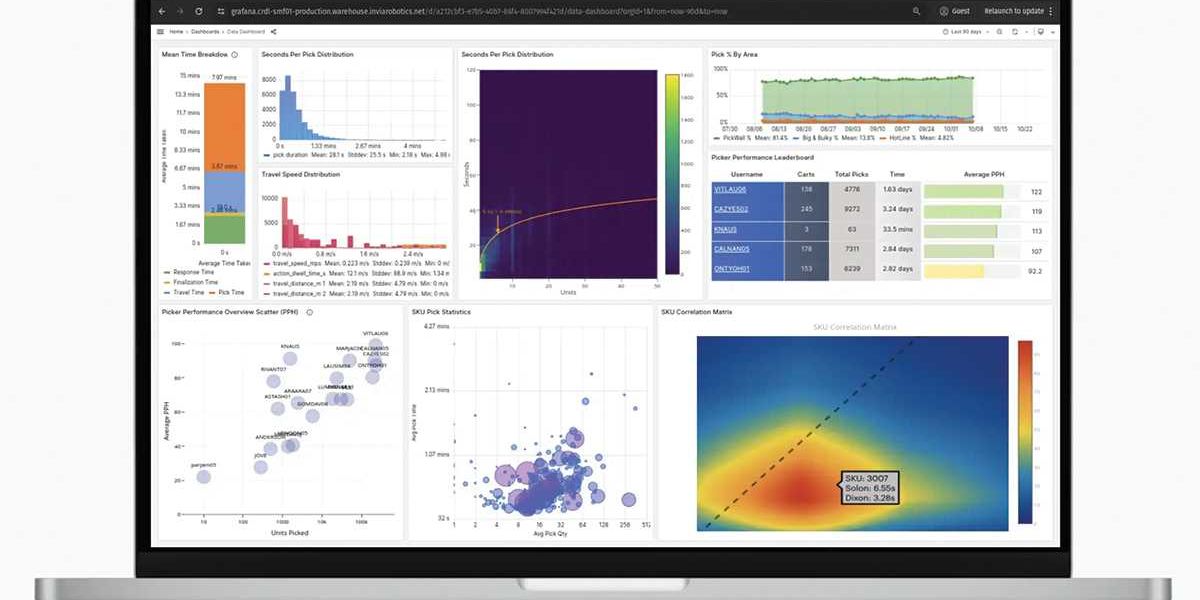The global air cargo sector proved its resilience in 2024, weathering economic headwinds, geopolitical tensions and ongoing supply chain disruptions. According to the International Air Transport Association’s (IATA) latest World Air Transport Statistics (WATS) report, the top 25 cargo airlines collectively recorded a 9.4% year-on-year increase in cargo tonne kilometers (CTK), highlighting the industry’s ability to adapt and grow amidst uncertainty.
Read also: Air freight volume growth is expected to slow in 2025
Due to shipping disruptions in the Red Sea and the rise of cross-border e-commerce, demand for air freight has exceeded capacity in many regions – paving the way for some surprising shifts in this year’s airline rankings.
FedEx Express and UPS: Unwavering Leaders
FedEx Express (FX) maintained its global dominance with revenues of 18.1 billion tons, a 1.2% year-over-year increase, cementing its role as the world’s top cargo airline. Its extensive central operations in Memphis (MEM) and Indianapolis (IND) continue to drive the efficiency of its network. FedEx plans to modernize its fleet by 2026 with two Boeing 777Fs, 14 Boeing 767Fs, 10 ATR 72-600Fs, and 31 Cessna 408s, improving access and fuel efficiency.
Just behind, UPS Airlines (5X) reported 15.1 Btkt, maintaining a strong position with its large hub in Louisville (SDF). UPS’s focus on healthcare logistics and time-critical shipments has made it indispensable to global supply chains. With 294 aircraft – including 95 Boeing 767-300 aircraft – UPS continues to expand its operational speed while maintaining high service reliability.
Qatar Airways Cargo: The Middle East giant
Qatar Airways Cargo (QR) continues its rapid rise, transporting 15.2 billion tonnes and ranking among the top three globally. From its main hub in Doha, the company has expanded its routes across Asia, Europe and Africa, supported by the restoration of passenger flight capacity.
Qatar Airways carried more than 1.5 million tonnes of cargo during its 2024-25 financial year, and is doubling its efforts on digital freight management and sustainability initiatives, including carbon offset programs and advanced fuel optimization.
Emirates Sky Cargo: Optimizing for the future
Through its operations from Dubai, Emirates SkyCargo handles 12.35 billion tons, supported by new Boeing 777F aircraft and expanded routes to Africa and South America. The carrier’s specialization in pharmaceuticals, perishables and luxury goods has enhanced its reputation as a partner of choice for time-sensitive shipments.
With one of the youngest widebody fleets in the world, Emirates continues to leverage its vast cargo network to bridge the gap between emerging and established markets.
Atlas Air: Contract freight force
US-based Atlas Air (5Y) ranks fifth globally, moving 11.94 billion t/t – a sharp increase driven by its expanding partnerships with Amazon, DHL and other e-commerce and logistics giants. The airline’s fleet of 86 widebody freighters (including 48 Boeing 747-400s, 17 747-8s and 11 777Fs) enables flexible global operations under its ACMI charter model.
Atlas’s growth into long-haul and charter services underscores its growing influence – a position that may surprise some observers given its asset-light, partnership-based model.
Asia Pacific Airlines: Regional power on display
Korea Cargo Corporation (KE) and China Airlines Cargo (CI) continue to dominate regional markets, carrying 8.7 billion MT and 4.35 billion MT respectively. Its strong presence in electronics and automotive logistics has kept volumes steady despite regional headwinds.
Both companies are modernizing their fleets with Boeing 777F aircraft and freighter conversions to enhance efficiency across high-demand trade lanes linking Asia, North America and Europe.
Lufthansa Cargo and Turkish Cargo: European Momentum
Lufthansa Cargo (LH) is setting standards for sustainability and digital innovation, adding A321 freighters for short-haul operations and deepening cooperation with DB Schenker to decarbonize European logistics.
Meanwhile, Turkish Shipping (TK) continues to rise at a record pace, transporting 10.24 billion tons in 2024. With the new Istanbul Airport terminal and routes extending across Asia, Africa and Europe, TK has become a vital logistics hub connecting three continents.
Strong performance in Southeast Asia
Singapore Airlines Cargo (SQ) and Cathay Pacific Cargo (CX) remain the cornerstone of trade in Southeast Asia. The two companies are investing heavily in digital tracking systems, artificial intelligence-based shipping optimization, and fuel-efficient aircraft, with a focus on high-value goods such as pharmaceuticals and semiconductors.
Cargolux: Heavy Lifting Specialist
Cargolux (CV) in Luxembourg continues to excel in oversized and project freight, operating a fleet of 29 Boeing 747 freighters on specialist global routes. With increasing aircraft leasing activity in the energy, aerospace and humanitarian sectors, Cargolux remains one of the most reliable specialists in the global freight market.
Integration and regional powers
DHL Aviation and SF Airlines take the top spot, showcasing how integrators are reshaping the logistics ecosystem. DHL has expanded its capacity in Europe and across the continents, while SF Airlines, China’s largest private freight carrier, continues to build its logistics dominance in e-commerce.
Competitive year ahead
As 2025 arrives, the cargo aviation sector is poised for further transformation. Fleet renewals, digital innovations and sustainability mandates will shape the next phase of competition – as established giants consolidate their power and emerging carriers challenge industry standards.








